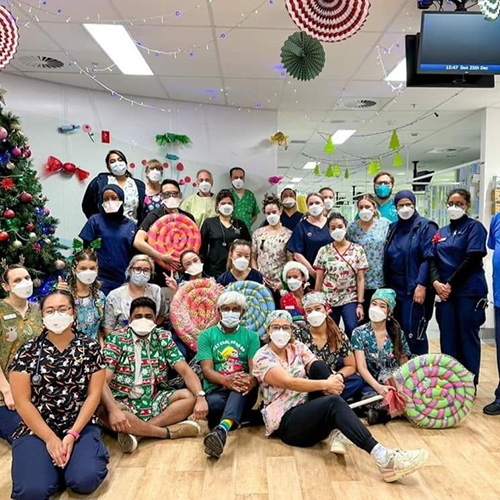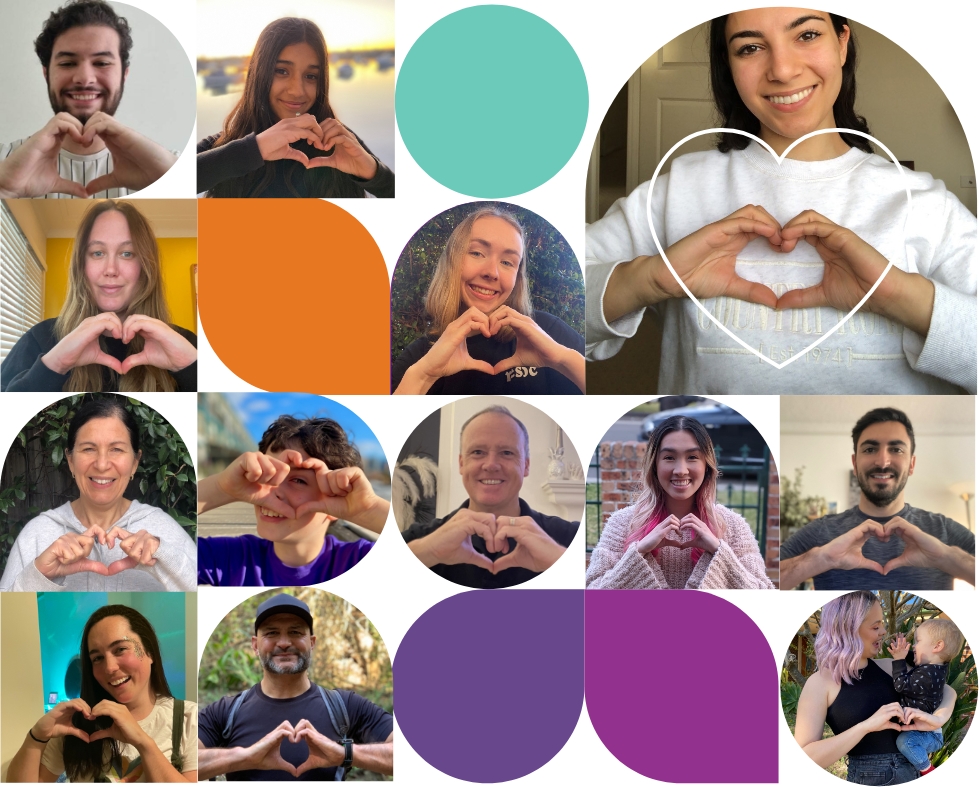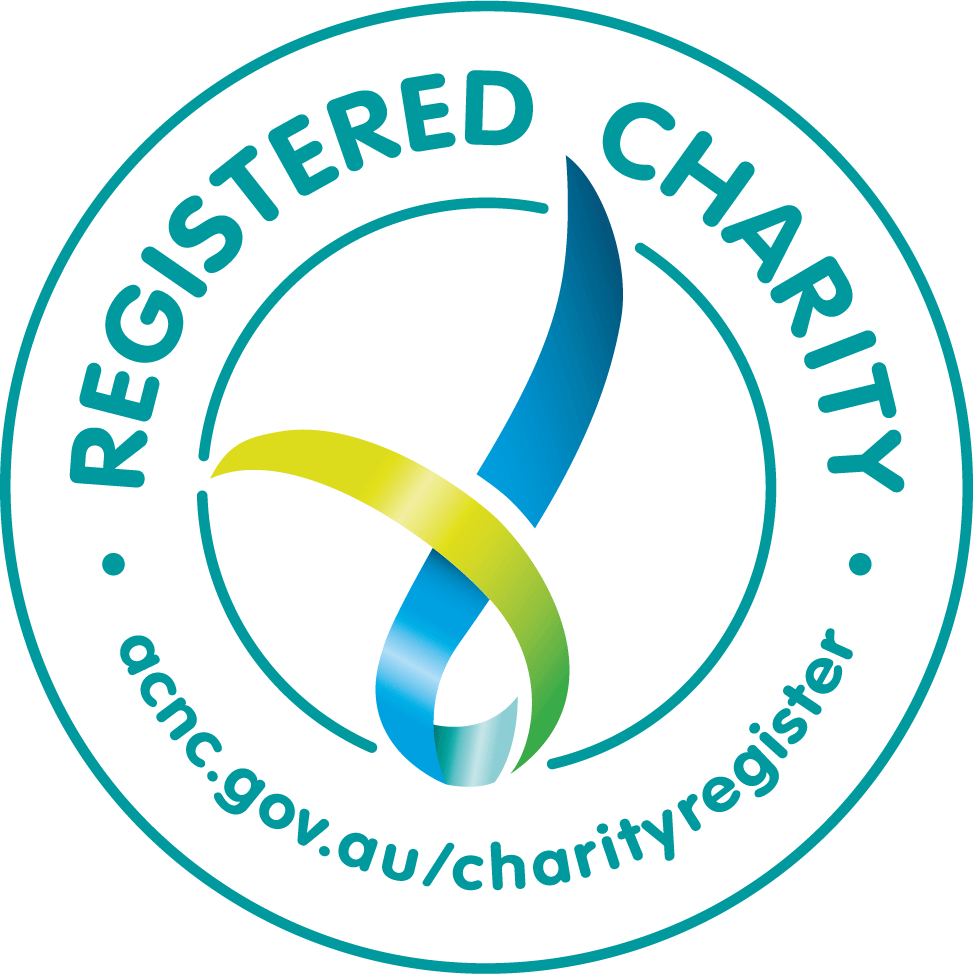As one of the largest and most trusted kids’ health charities in the country, Sydney Children’s Hospitals Foundation exists to promote the charitable investment in the prevention and management of childhood illnesses.
In 2022, SCHF was proud to complete the pilot of our innovative program called Greenlight. The trial helped identify high impact, early-stage research ideas from clinicians across Sydney Children’s Hospitals Network and connect them with donors from our Movement of Many, who were inspired to bring them to life with philanthropic support.
It was through this program that SCHF first heard about Dr Jagdev Singh’s (trial lead and Paediatric Respiratory and Sleep Consultant at The Children’s Hospital at Westmead) groundbreaking idea to help treat kids with cystic fibrosis, and together, we made it a reality.

In FY23, SCHF was thrilled to receive a grant from Cure4 Cystic Fibrosis (Cure4CF) that awarded Dr Singh with $500,000 over two years. This extraordinary philanthropic gift meant Dr Singh could investigate the use of good viruses to treat an infection in kids with cystic fibrosis (CF) – a process called phage therapy.
CF is an inherited genetic disorder that causes damage to the lungs, digestive system and other organs in the body. For kids living with CF, it can sometimes feel like they’re breathing through a straw and their weakened immune systems put them at risk of infections like pseudomonas aeruginosa.
The common bacteria are found in damp places such as showers and swimming pools. While the infection doesn’t have a lasting impact on healthy individuals, it can be particularly dangerous for kids with CF.

Bubbly Abby from Lightning Ridge in outback NSW, is the first patient to be enrolled in the program. While she has grown up managing CF, she was only 8 years old when she contracted the infection which has continued to impact her life ever since.
“It feels like you can’t really breathe as much as normal, and your lungs feel really tight,” Abby said.
In the trial, Dr Singh aims to use phage therapy to directly target the infection without the side effects caused by the repeated and long use of antibiotics. It is the first major step in demonstrating the suitability of phages as a routine treatment.
“Phages are specific and specialised viruses that can be exactly matched to eliminate bacteria without harming human cells,” Dr Jagdev Singh said.
The phages will be manufactured locally at the Westmead Institute for Medical Research, part of the Westmead Health Precinct.
“If successful, this could open the door for further research and more advanced studies in phase two and three trials and could offer a potentially lifesaving treatment for children with CF, like Abby,” Dr Singh said.
Until now, Abby has travelled 700km from her home to CHW bi-annually for her two-week tune ups, where she receives strong IV antibiotics and intensive physiotherapy to help clear the infection.
During her most recent visit, in addition to the routine antibiotics, Abby received phage therapy, delivered first via bronchoscopy, and then nebulisation, straight to her lungs. This unique approach to treatment could help alleviate Abby’s dependence on antibiotics, give her the ability to receive treatment at home and reduce the time she needs to spend in hospital due to infections.
Dr Singh said says his hope is for the trial to lead to more effective treatment options so patients like Abby can spend less time in hospital, and more time at home, where they belong.
“The advantage of phages is that they can adapt as the bacteria evolves, meaning we have more chance of effectively treating and stopping the infection altogether,” Dr Singh said.
“The earlier we treat these infections, the longer we can keep these children healthy and out of hospital.”
Dr Singh says that, “Without the support of communities and organisations like Cure4CF and Team Simon we could not do what we do. Their funding has been integral to this trial, and we are incredibly grateful for their continued and generous support.”
Phase one of the Cure4CF personalised phage treatment of Pseudomonas aeruginosa for children with cystic fibrosis clinical trial will involve approximately ten children. If successful, the trial will then expand nationally and internationally, before furthering the treatment to target other bacteria that causes lung damage in patients with CF.













